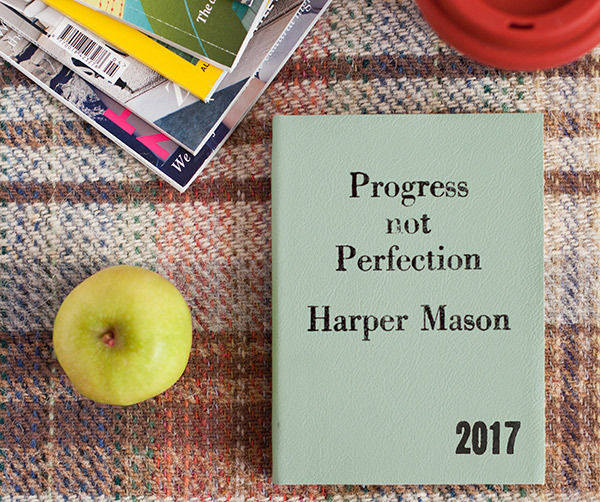If you search for “how to learn a language,” you might see a lot of advertisements that promise fluency in 10 days, 48 hours, or even less than that. Woah there, slow down. While it would be great to master a whole new vocabulary that quickly, language learning is a process—a beautiful one! Check out our best realistic tips for your journey.

1. Immerse Yourself
No, we don’t mean jumping on the next flight to another country; that’s out of the question for most of us. Luckily, you can totally dive into the language at home with a bit of ingenuity. Here are some options for creating your own immersive experience:
Listen to music or podcasts: Want to switch up your shower tunes? Check out our spotify to get started. Plus, iTunes boasts many beginner to advanced level podcasts.
Watch movies: Instead of binge-watching TV shows on netflix, you can be learning! Netflix features non-english movies, and you can always add subtitles if you need them. Don’t want to stay at home? Join us for one of our foreign film events.
Read newspapers or short books: Check out the app for Noticias Univision, BBC Arabic, or Le Monde. You can find news in almost any language and pairing your morning coffee with reading is a great habit to pick up!
By immersing yourself, you’ll see the language in the ways that natives speak it. You’ll get more comfortable with new sentence structures, and learn slang words or phrases you might not have otherwise.
FC Pro Tip: reading news from another country is a great way to expand your horizons and understand multiple perspectives. Just another reason to be learning!

2. Make Friends
One of the best things about studying another tongue is that it helps you meet amazing people! Language learning friends come in two types:
Study Buddy: Like hitting the gym with your bestie, but better: Find someone you can learn with, who will hold you accountable for your goals. Speak with them in the language as often as you can. If you’re taking a class with us, you already have an entire group of community members at your fingertips. Try starting a groupme chat, and message each other strictly in your new language. The more practice, the better!
Fluent Friend: Find someone who is already fluent. Ask them to speak with you, even if you don’t understand 100% of what they’re saying all the time. They’ll be a great resource for learning not just the language, but the culture too.

3. A little goes a long way
Sometimes you may feel lost because you don’t know all the necessary vocabulary or how to conjugate every verb. But instead, let yourself mix it up! When speaking, use all of the words you do know, and just replace the ones you don’t with English. This is a great way to practice at home by simply talking to yourself (don’t feel weird). As you keep learning, you’ll be able to fill in increasingly more of each sentence with the new language, and use less of your own. A little bit of practice and use is better than none—you won’t get fluent without trying!

4. Ignore the myths
You may have heard a lot about the “critical period” for language learning, which claims that learning a new language is almost impossible after a certain age. Don’t buy into it! This has been debunked by several recent studies that have found that with enough practice and effort, language learning is possible no matter what.
But it’s also important to keep it real—You won’t become fluent in 10 days, let alone 48 hours. Language learning just doesn’t happen that quickly. Knowing that, you’ll be able to set more realistic goals. Take it week by week with small objectives: like learning 50 new words, listening to a podcast each day on your way to work, or having a short conversation with your friend.

5. Make mistakes
This is one of the most important parts of language learning. You’re going to make mistakes no matter what—and that’s okay! We all do, even in our native language. If a fear of mistakes holds you back from trying, it will be even harder to learn. And don’t forget that if you’re practicing with a native speaker, they’ll appreciate your effort over not trying at all.
6. Focus on your triumphs
Last but not least, this is crucial to remember. Sometimes the learning process feels slow. But instead of getting caught up in what you don’t know, focus on what you do! Take a bit of time each week to ask yourself what you’re able to do now that you couldn’t before. It won’t take long to realize you’re progressing faster than you thought.
FC Pro Tip: Tracking your time spent with the language in a notebook will hold you accountable, and give you something to look back on! You’ll realize that you’ve been putting in the work and should be proud of your growth.
Get ready!
While you’re learning, some amazing things are going to happen. You’ll become happier, think faster, and even help your brain grow! Just remember to be patient, trust the process, and—most importantly—have fun.



 Spanish
Spanish
 French
French
 Italian
Italian
 Arabic
Arabic
 Portuguese
Portuguese
 German
German
 Chinese
Chinese
 Japanese
Japanese
 Russian
Russian